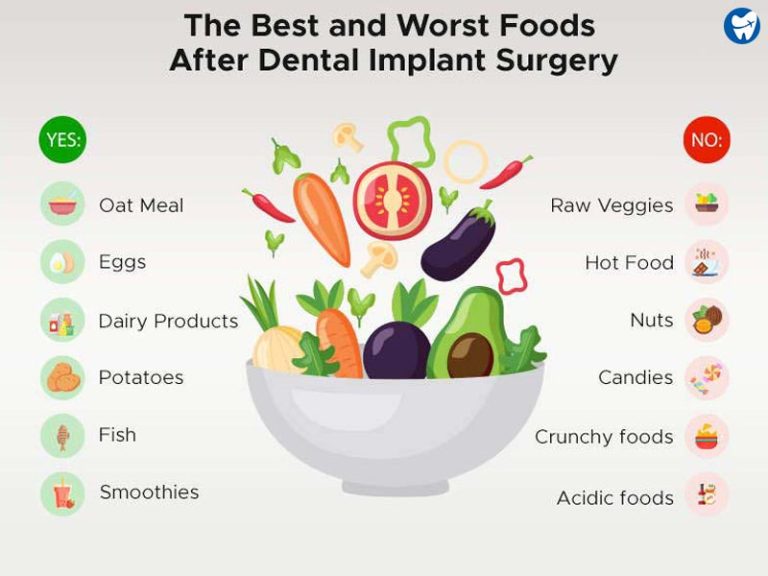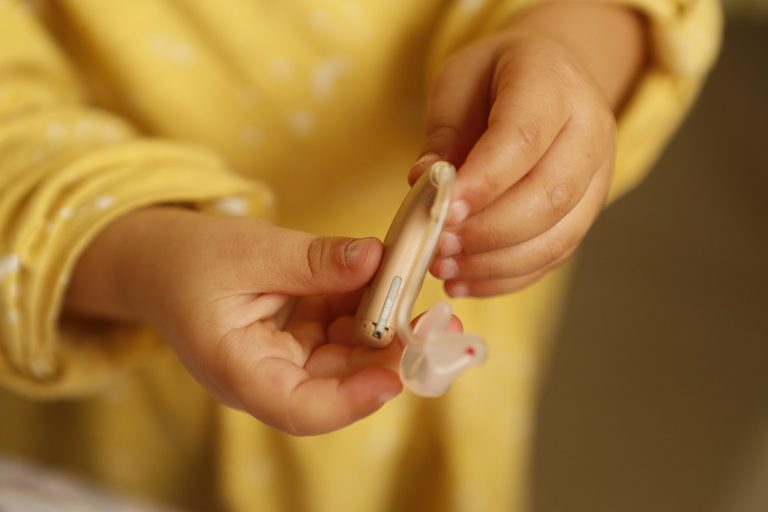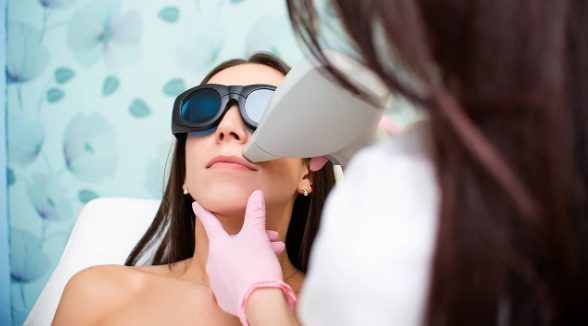HCG: A Potential Therapy for Low Testosterone?

HCG and testosterone hormone levels are important elements of masculine health. These hormones are responsible for the development and maintenance of male characteristics, and their balance is crucial to overall health and wellness. The use of HCG as a supplement is becoming increasingly popular for both men and women. However, most people do not know how these two hormones affect each other and why their interaction is essential. This article explores the relationship between hcg testosterone and testosterone levels, and how it impacts masculine health.
HCG (Human Chorionic Gonadotropin) acts similarly to luteinizing hormone (LH) in the body, stimulating the testicles to produce testosterone. Testosterone is the primary male hormone that regulates muscle growth, sex drive, sperm production, and bone density. HCG usually mimics LH and stimulates the production of testosterone in men. However, in women, the hormone stimulates the production of estrogen, which is vital in regulating menstrual cycles.
HCG is commonly used by men to help maintain testosterone production in the testicles during and after steroid use. It can also be used in men to improve fertility by increasing sperm production. Studies show that HCG administration can significantly increase testosterone levels in men with low levels of the hormone. This makes HCG a useful tool for men who are unable to produce sufficient amounts of the testosterone hormone naturally.
HCG is also essential for men during and after steroid cycles, where testosterone production levels can be suppressed. Steroid users often have suppressed testosterone levels, leading to symptoms such as low libido, depression, and low energy levels. Using HCG can help maintain the levels of testosterone in the body and decrease the side effects of low testosterone levels.
HCG can also be beneficial for women who are struggling with fertility. It is known that HCG triggers ovulation in women and stimulates the production of other hormones like progesterone and estrogen. These hormones are vital in regulating menstrual cycles and improving fertility in women. HCG can also be given to women undergoing in vitro fertilization (IVF) procedures to increase the chances of a successful pregnancy.
It is important to note that using HCG without a prescription and without monitoring hormone levels can be dangerous. Excessive HCG use can have significant side effects such as; acne, mood swings, headaches, and blood clots. Therefore, it is crucial to consult a qualified healthcare provider when using any hormone supplement, including HCG.
Conclusion:
The relationship between HCG and testosterone levels is essential for masculine health. Understanding how HCG stimulates testosterone production in the testicles and the roles each hormone plays in the body can help individuals harness their benefits efficiently. HCG can be a useful supplement for men who struggle to produce testosterone naturally, women with infertility issues, and steroid users. However, it should be used under the supervision of a qualified healthcare provider. By doing this, the risk associated with excessive use of HCG can be minimized.






